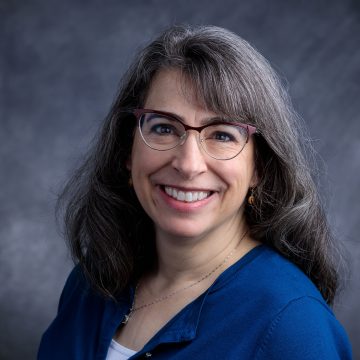Victoria Saker Woeste is an Affiliated Research Professor at the American Bar Foundation and a historian of American law, focusing on constitutional rights, religion, discrimination, and economic change.
She is the author of three books: Jews and the Law (Quid Pro Books, 2014), Henry Ford’s War on Jews and the Legal Battles Against Hate Speech (Stanford University Press, 2012), and The Farmer’s Benevolent Trust (University of North Carolina Press, 1998).
Her current projects include a study of the civil rights law practice of the founder of the notorious Westboro Baptist Church and an inquiry into the roots of the “fake news” trope in the history of antisemitic propaganda.
In addition to her position at the ABF, Woeste has held appointments as Professor of Law in the International and Comparative Law Program at Indiana University-Cairo University in Egypt and Visiting Professor of Law and American Studies at Indiana University-Purdue University in Indianapolis from 2010 to 2011. Prior to joining Indiana University, she served as Adjunct Professor of Law at Northwestern University and as Visiting Assistant Professor in the Department of Law, Jurisprudence, and Social Thought and the Department of American Studies at Amherst College.
Woeste is professionally affiliated with several organizations, including the Agricultural History Society, American Constitution Society, American Historical Association, American Society for Legal History, Association for the Study of Law, Culture and the Humanities, Business History Conference, Law and Society Association, and Organization of American Historians.
Woeste’s scholarship has been recognized by the Law and Society Association’s J. Willard Hurst Prize, the Herman Krooss Prize of the Business History Conference, a National Endowment for the Humanities fellowship, the Rabbi Jacob Prinz Research Fellowship of the American Jewish Archives at Hebrew Union College, a Friends of Seeley Mudd Library research grant, and two Franklin Research Grants from the American Philosophical Society.

